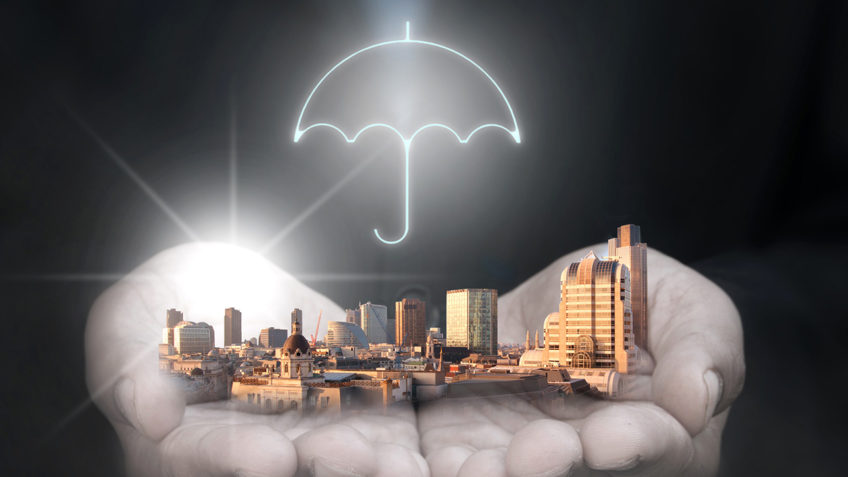
Does Your Commercial Business Insurance Cover Disease Outbreaks?
A pandemic is defined as a widespread occurrence of a disease affecting an exceptionally high number of the population, in excess of what might normally be expected in a geographical region. Some of the worst pandemics to occur in modern day history include:
- HIV/AIDS Pandemic from 2005 to 2012
- Flu Pandemic in 1918 and again in 1968
- Asian Flu Pandemic from 1956 to 1958
- Sixth Cholera Pandemic from 1910 to 1911
While a pandemic is a rare occurrence, a smaller spread of disease such as the flu, E. coli, Ebola and others tend to happen somewhat more frequently. Although the statistics for these outbreaks aren’t as large, when they occur in your place of business, they could be just as disastrous. The Centers for Disease Control and Prevention (CDC) reports that the 2017-2018 influenza season saw an estimated 45 million influenza illnesses, 21 million influenza-associated medical visits, 810,000 influenza-related hospitalizations and 61,000 influenza-associated deaths. We aren’t in the business of scaring our clients but know how important it is for business owners to take these outbreaks into account. Some extending commercial business insurance policies may cover disease and epidemics but how certain are you that your current policy falls under that same umbrella? Let’s take a look at some commercial business solutions and the general coverage they provide.
Commercial General Liability
These standard policies do include disease outbreaks and provides coverage if the insured is liable for accidentally spreading the disease. You’ll want to check with your insurance provider because many policies have exclusions for pollution, which depending how it is defined, could cause issues down the line.
Commercial Property Coverage
While many argue that a disease on a commercial property could cause a direct physical loss, typical commercial property coverage does not cover losses from a disease outbreak. Additionally, most commercial property policies have exclusions for pollution and/or contamination.
Business Interruption Coverage
Disease can disrupt the supply chain, keep employees from work and cause a decrease in sales. While business interruption coverage is typically included in commercial property policies to pay out lost income and expenses, this type of coverage does not cover disease outbreak. Most business interruption coverages require a form of property damage, therefore sick employees would not count.
Supply Chain Insurance
Supply chain insurance typically covers a business in the event of a disrupted supply chain and does not require a loss to physical property. With said coverage, the business would be covered for lost income in the event that the business’ supplier was closed due to disease.
Civil Authority Coverage
Similar to business interruption coverage, civil authority policies are limited to physical loss or property damage. In some instances, insurance companies will offer what is called an extended civil authority coverage that would cover instances outside of property damage.
Environmental Insurance
Most typical environmental insurance policies include pollution coverages. This is another policy in which the language and definition of the word, pollution, is key. You’ll want to discuss with your insurance provider.
While the above examinations simply provide a general description of policy terms, it is safe to say that most typical commercial property and general liability policies will not cover damages due to disease. If you have specific questions regarding your coverage options, contact a Colony West professional today.
